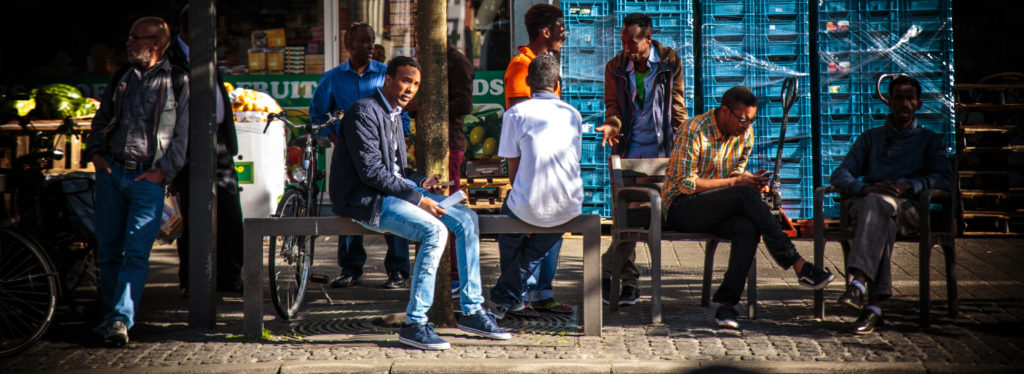The project seeks to shed light on to the complex interactions between bureaucratic practices and the geographic, political and social stratagems that refugee families employ to meet or circumvent the necessary requirements for reunification.
Most European states allow refugees to access a facilitated procedure to reunify with their family members. Many studies, however, high-light how issues of timing, documentation and economic resources often make family reunions extremely difficult, if not impossible. If much has been written on the obstacles for migrants to enjoy their right to family life, little is known about the specific case of refugees. The multi-sited design of this project aims to reconstruct the complexity of power-relations, social expectations and structural impediments that influence the possibility of refugees to be with their families.
First, by studying refugees in Europe (Belgium and Italy) and their families residing in transit countries, this project seeks to shed light on the transnational connections and flow of expectations which shape the everyday life of separated families.
Second, by conducting research in diplomatic and migration bureaus in different locations, this study provides insights into the complex interactions between bureaucratic practices and the geographic and social stratagems that refugee families employ to meet – or circumvent – the necessary requirements. The research aims not only to a better understanding of the political and social contradictions of national border controls, asylum regime of European migration policies and their implications on the lives of refugees.
